In parallel with the greenhouse gas reduction measures, Vinamilk has implemented and completed the planting of 1 million trees in Vietnam. This is followed by the tree planting activity towards Net Zero in the 5-year period from 2023 to 2027.
F&B industry in the challenge of "climate change"
Food and beverage (F&B) is one of the largest industries and is closely related to the lives of billions of people around the world . The F&B research report by The Business Research Company released in January 2023 said that the F&B market is expected to recover from the "black swan" event - COVID-19 and its size is expected to increase to 9,225.37 billion USD by 2027 with an average growth rate of 6.3%.
In terms of sustainability, F&B is also one of the leading industries. According to a study by ESG consultants Eco Vadis on 46,000 companies, the F&B industry has a score of 48.9 - in the Top 3 industries with the highest scores for environmental issues and overall sustainability scores, along with the construction and finance, legal and consulting industries.
The trend of sustainable development is growing strongly in the F&B business community around the world. Source: Freepik
In addition, the F&B industry is vulnerable to the impacts of climate change. Climate change in the form of natural disasters such as storms, floods and fires... is a risk for F&B companies, disrupting the supply chain and reducing the supply of raw materials. This encourages the F&B community to orient production and business activities towards sustainable strategies.
Globally, many F&B companies are focusing their research and development (R&D) efforts on green technology, more sustainable processes and products, with 55% of F&B business leaders reporting increased investment in the environment. Brew Dog invested £12 million in a production system that converts waste from the beer production process into bioenergy, which will power the factory, transport vehicles, etc., as well as reduce water consumption.
According to Brew Dog's sustainability report, from 2016 to 2021, this beer company reduced electricity use per HL by 43% and water use per HL by 55%. Or candy company Ferrara aims for all packaging to be 100% reusable, recyclable, or compostable by 2025.
More and more brands are reusing food and manufacturing byproducts. For example, Wheyward Spirit uses whey from cheese production to make craft wine; and ReGrained uses grain left over from breweries to create ingredients for snack bars and chips. This trend has also spread to restaurant chains and small businesses, such as limiting the use of plastic cutlery, replacing plastic containers with environmentally friendly materials.
Steps of Vietnamese enterprises
In Vietnam, F&B is one of the industries with an important role and a lot of development potential. According to Euromonitor research published earlier this year, the value of the Vietnamese F&B market in 2023 is expected to increase by 18% compared to 2022, reaching a revenue of about 720,300 billion VND. Experiencing the period of fluctuations due to the pandemic along with the trend of consumers favoring green and sustainable products, F&B businesses in Vietnam have also continuously transformed themselves towards sustainability across the entire production value chain.
Many businesses have moved faster in green manufacturing activities.
Sustainable development trends in the industry are also constantly updated and developed every day, typically the use of vegan and organic raw materials, sustainable farming, reuse - recycling waste or surplus products from the production process to measures to limit the use of plastic and reduce packaging in general, cut down on food waste, etc.
For example, Vinamilk - the most valuable F&B brand in 2022 (according to Forbes) - continuously invests in green and sustainable technologies and solutions in its farm and factory systems, demonstrating its commitment and efforts towards a sustainable orientation at a strategic and long-term level.
Currently, 13 farms and 10 factories of Vinamilk have installed solar energy, while promoting green energy such as Biomass, CNG (at the factory), Biogas (at the farm). At the factory, 87% of energy from fossil fuels has been replaced by green, clean energy from Biomass, CNG; 15% - 20% of electricity used is exploited from solar energy. Vinamilk also built a model of ecological dairy farm Green Farm, Organic, practicing dairy farming in the direction of sustainable agriculture .
Vinamilk's Vietnam super milk factory with a capacity of 800 million liters of milk/year, reduces emissions by up to 10,000 tons of CO2/year thanks to green technology solutions.
In parallel with greenhouse gas reduction measures, Vinamilk has implemented and completed the planting of 1 million trees in Vietnam. Next is the tree planting activity towards Net Zero, a 5-year period from 2023 to 2027. Most recently, this enterprise also announced that the Vinamilk Dairy Farm and Factory in Nghe An was certified by the British Standards Institute - BSI (UK) and Bureau Veritas (France) to be carbon neutral according to PAS 2060:2014 standard.
100% of Vinamilk stores nationwide are using bags made from recycled plastic, plastic spoons, plastic straws and shrink wrap are being gradually reduced by this enterprise. It can be said that Vinamilk's story is typical of an F&B enterprise in the green transition wave, clearly illustrating the inevitable shift of this important field in Vietnam and in the world.
Vinamilk uses shopping bags made from 100% recycled plastic at Vietnamese Milk Dream stores
Net Zero - A difficult problem, but one that cannot be solved
Deloitte warns that climate change is affecting food supplies by reducing crop yields, with each degree Celsius increase in average global temperature likely to reduce wheat yields by up to 6%, rice by up to 3.2%, corn by up to 7.4%, and soybeans by up to 3.1%.
It is also important to recognize that, in addition to the solutions that businesses can proactively implement, many issues regarding greenhouse gas emission control are beyond the control of F&B businesses. It is estimated that about 80% of emissions fall under Scope 3 (consumption, transportation, investment, etc.), for example, when consumers throw away food before consumption or improperly dispose of packaging. Therefore, in parallel with reducing greenhouse gas emissions internally, businesses are also actively implementing many programs to create an impact on the community, forming awareness and a green lifestyle in the community such as sorting, recycling waste or planting trees.
Vinamilk's series of activities at schools helps children, future generations of consumers, raise environmental awareness.
In this process, consumers' preference for green, sustainable products; investors' decisions to choose ESG stocks and businesses to invest in; or the state and government's development of policies and legal corridors to facilitate sustainable development - will all be driving forces for the transformation of businesses pursuing sustainable development goals such as Net Zero.
PV
Source


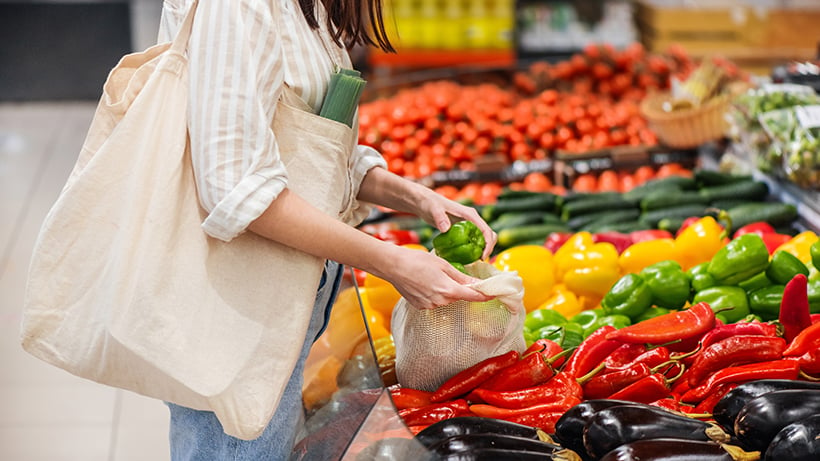
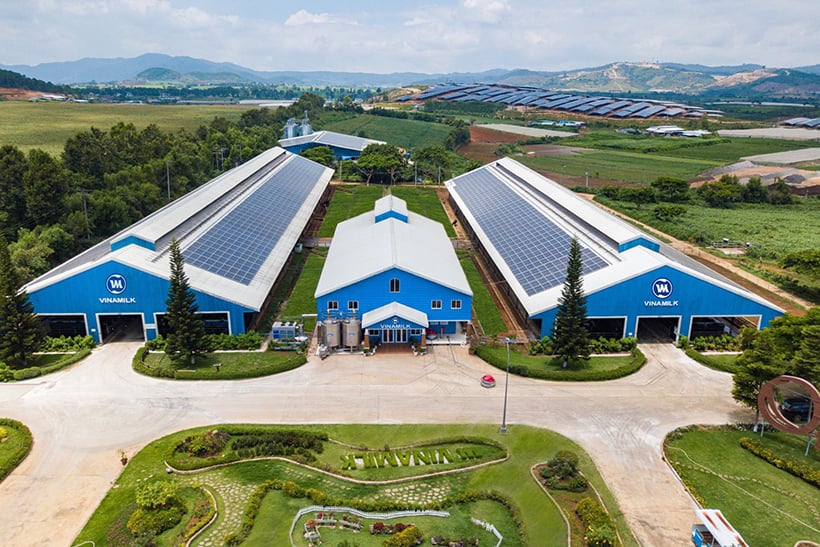
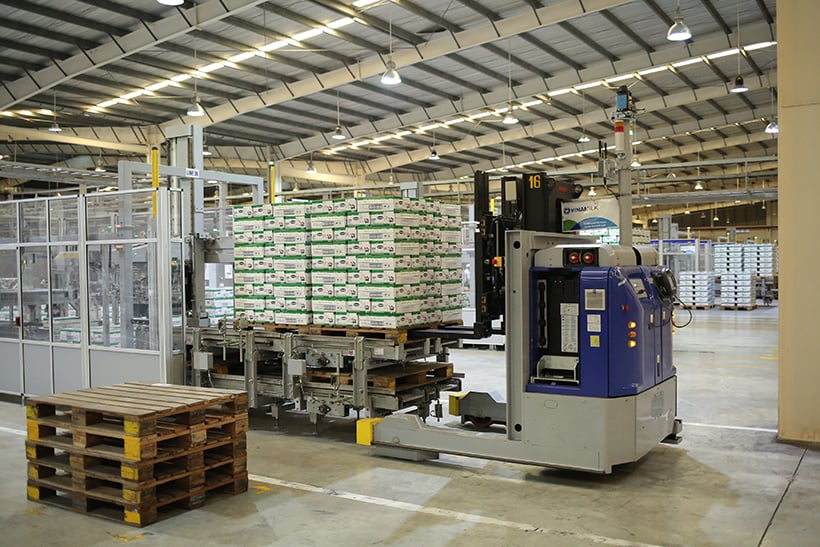
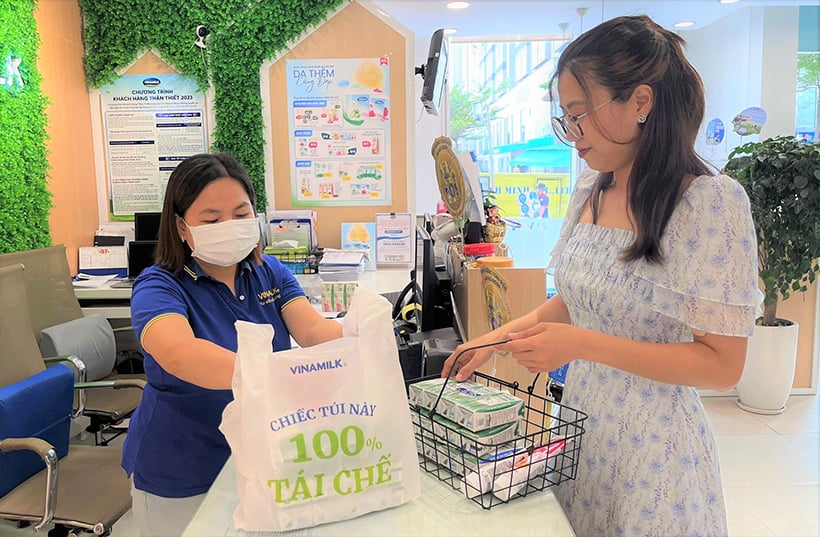
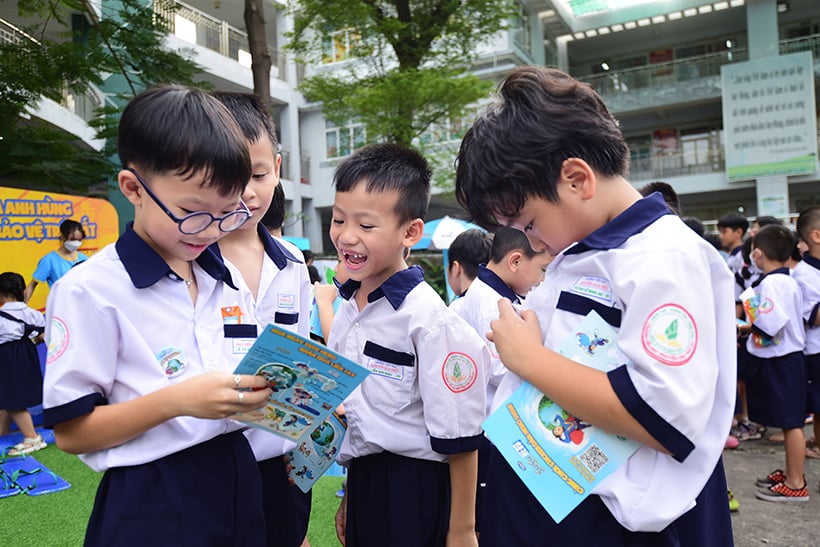



![[Photo] President of the Cuban National Assembly visits President Ho Chi Minh's Mausoleum](https://vphoto.vietnam.vn/thumb/1200x675/vietnam/resource/IMAGE/2025/10/1/39f1142310fc4dae9e3de4fcc9ac2ed0)
![[Photo] Keep your warehouse safe in all situations](https://vphoto.vietnam.vn/thumb/1200x675/vietnam/resource/IMAGE/2025/10/1/3eb4eceafe68497989865e7faa4e4d0e)
![[Photo] Hanoi morning of October 1: Prolonged flooding, people wade to work](https://vphoto.vietnam.vn/thumb/1200x675/vietnam/resource/IMAGE/2025/10/1/189be28938e3493fa26b2938efa2059e)
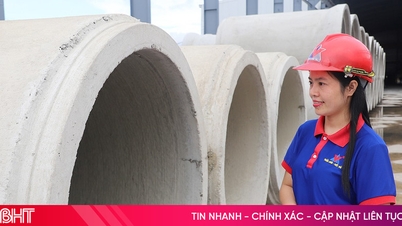




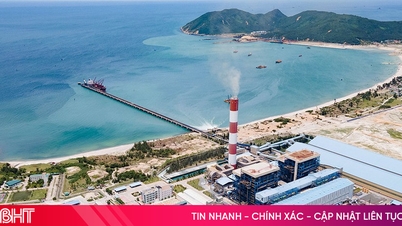
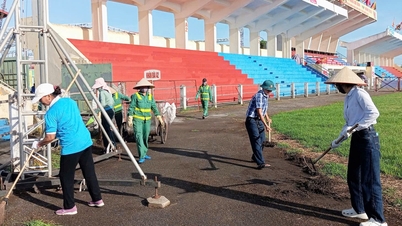


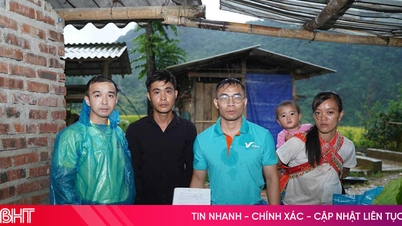

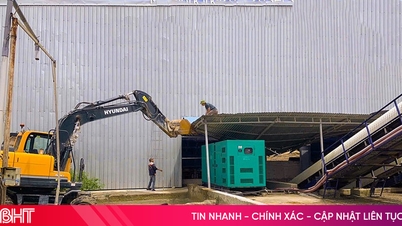








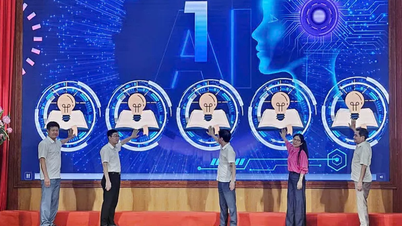

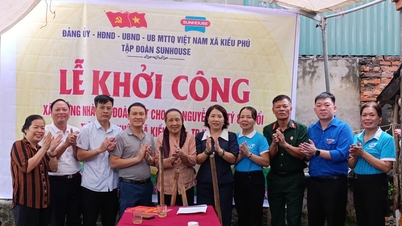
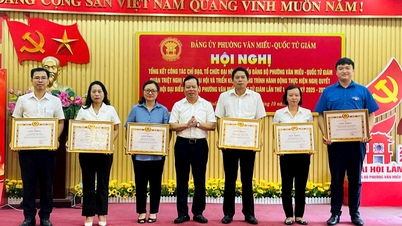
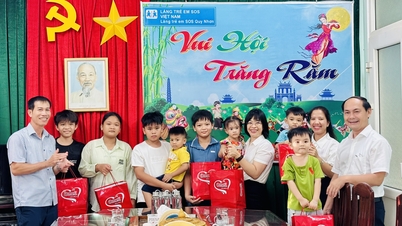







































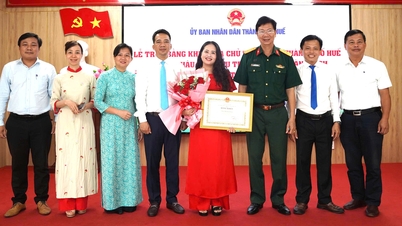

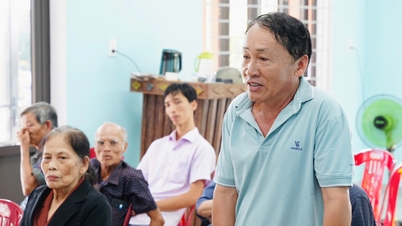




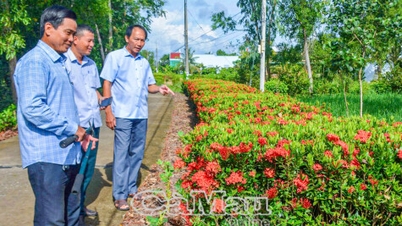

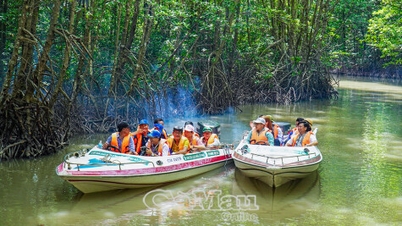














Comment (0)